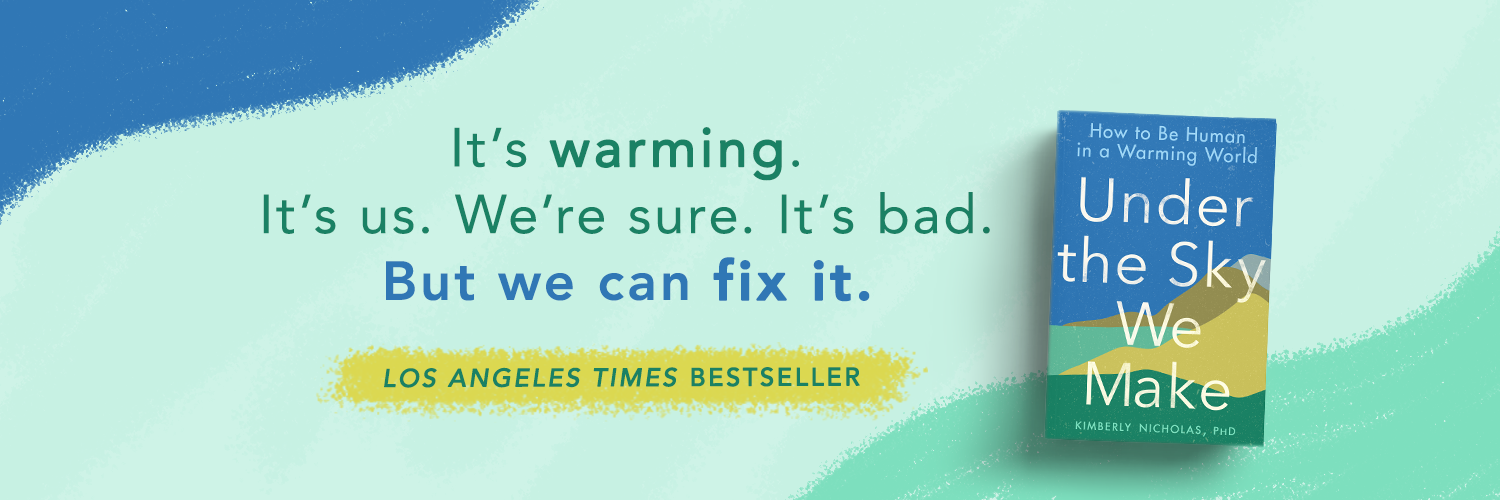Apply to Write for Change!
- Students must be current PhD students researching some aspect of global environmental change (e.g., climate change, biodiversity, ecosystem services, planetary boundaries...).
- All disciplines (natural or social sciences, engineering, etc.) are welcome.
- Course enrollment is limited in size. Preference is given to those participating in the ClimBEco research school (but applications from other PhD students at any university are encouraged).
- Course fee: The course is free for ClimBEco students. Non-ClimBEco students may have to pay a modest fee for accomodation and meals (but we are trying to cover this, stay tuned!)
- Course credits: Anticipated to be 3 ETCS credits.
Please note, the course will run for a fulltime week, Monday 09:00 to Friday 17:00, including evening activities held offsite. Students need to be able to fully devote this time to the course and attend the entire course to be eligible for selection. Please do not apply if you cannot attend the full course.
To apply, send the following as a single PDF attachment in an email with the subject "Write for Change application" to [email protected] by 23:59 CET on Thursday, February 2, 2017:
1. Max one page cover letter explaining your motivation for working on BOTH academic and public writing skills (e.g., explain why you care about your topic both professionally and personally, and why your topic is important to communicate to society).
2. A current draft of an academic article you want to work on in this course. The draft can be very rough, but in order to get the most value out of the course, you must have at least a draft results section (preferably illustrated with figures), and enough surrounding context (research question and design) for the reader to follow your general logic. Please include an abstract to orient the reader (it's okay if it's a "dream abstract" at this stage).
3. A current CV detailing your professional and academic experience. Be sure to include any academic publications as well as popular science or social media outputs.

